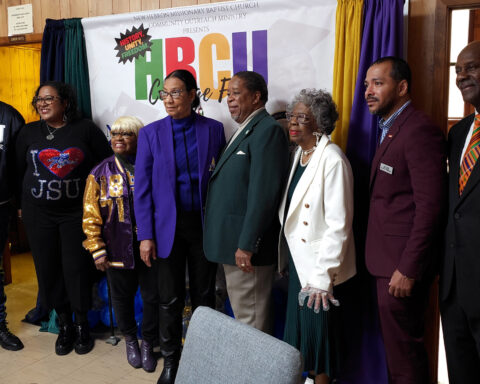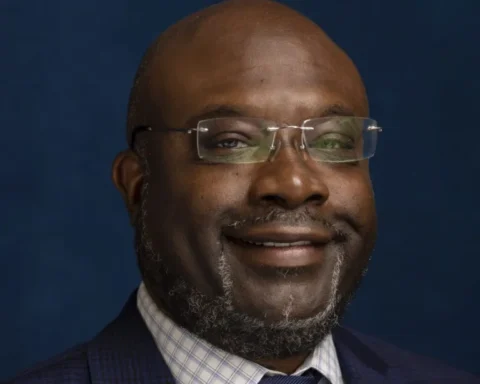By Kyle Kidd
Ten research collaborations between Princeton University faculty and their peers at historically Black colleges and universities (HBCU) have been selected to receive support through the Princeton Alliance for Collaborative Research and Innovation (PACRI). Jackson State University (JSU) was among the first wave of research projects announced during the launch of this groundbreaking alliance in May 2022.
Each of the collaborations will be co-led by a team of researchers from Princeton and one of five HBCU partnering institutions, including Howard University, Prairie View A&M University, Spelman College and the University of Maryland Eastern Shore.
Spanning the natural sciences, social sciences, humanities and engineering, the projects take up some of the most difficult challenges of our day, from cybersecurity to climate change to public health and the social safety net. The projects also draw on the diverse expertise and perspectives of the research teams, pairing academics from different disciplines.
“We started the Princeton Alliance to generate trailblazing ideas from collaborators who otherwise might not have the opportunity to work together – and researchers from across Princeton and our HBCU partners responded,” said Tod Hamilton, professor of sociology and a faculty co-founder of the PACRI program.
Nihar Pradhan, Ph.D, JSU associate professor in physics will spearhead the university’s research investment into the program focusing his research primarily on renewable energy and how developing high energy storage devices utilizing specific two-dimensional materials can aid in enhancing energy storage in a capacitor and maintain high energy density.
“We are very excited for this PACRI collaborative funding opportunity from Princeton, as well as the opportunity to work alongside Emily Davidson, Ph.D., from chemical and biological engineering at Princeton,” said Pradhan.
The United Negro College Fund (UNCF) partnered with Princeton to launch the program. Chad Womack, Ph.D. vice president of National STEM Programs and Tech Initiatives, said UNCF is delighted to be a part of this effort. According to Womack, “This initiative is helping to establish robust interactions between faculty at HBCUs and Princeton, and will open up the possibility of future research collaborations and partnerships.”
The 10 projects kicked off in September. Each project will receive funding from Princeton University for two years, up to a maximum of $250,000 per project.





